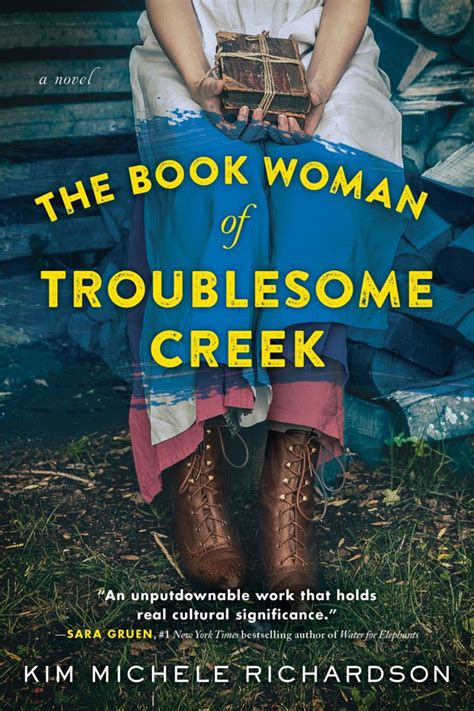Twain, Huck, Jim & the Mississippi River
- heather jones
- Jun 3, 2025
- 3 min read
by Heather Jones
Ernest Hemingway said, "All modern American lit comes from one book by Mark Twain called Huckleberry Finn. American writing comes from that. There was nothing before. There has been nothing good since."
He reportedly added that he would punch anyone who disagreed.
I don't know if that last part is 100% true, but it is on brand for Hemingway.
What is true is that if you want to delve into Southern lit, you have to read The Adventures of Huckleberry Finn by Mark Twain. A humorist, a satirist, and a great storyteller, Twain is the thoughtfulest .of storytellers, expertly wielding satire..
It's almost as if he knew the only way we could look at the ghosts of our Southern past is through satire.

Even if you haven't read HF, you kinda know the story. A runaway boy named Huck teams up with an escaped slave man, Jim. A pivotal point in this cleverly presented moral dilemma has Huck grappling with his conscience over the fact that he is literally breaking the law by harboring Jim. However, Jim is also Huck's friend and de facto protector. Huck finally resigns himself to hell, where he is sure he'll go if he continues to break the law of the land by not turning Jim into the authorities. Watching a child try to reconcile his morality is crazy compelling,
The Huck Finn character is based on a boy Twain knew growing up in Hannibal, Missouri. He was quoted as saying the following about this inspiration:
"I have drawn Tom Blankenship exactly as he was. he was ignorant, unwashed, insufficiently fed; but he had as good a heart as ever any boy had." ~ Mark Twain
Jim's character is also based on a man whom Twain knew and respected: his father-in-law's coachman:
I have not known an honester (sic) man nor a more respect-worthy one …."
~ Mark Twain
Perhaps it is the Mississippi River that plays the most significant character role in Twain's story, symbolizing the freedom that these two unlikely companions are running to moreso than what they are running from.

Mark Twain wrote about what he knew. If you want a compelling story, every good writer knows that the best they can offer is to write what they know in their very core because it will resonate with someone. His work is considered classic for a reason. Twain seems to be leading us to conclusions and creating an opportunity for his readers to critically think through important issues. In fact, he is pretty adamant about not being too preachy, offering a disclaimer in the forward of Huck Finn:
"Persons attempting to find a motive in this narrative will be prosecuted; persons attempting to find a moral in it will be banished; persons attempting to find a plot in it will be shot."
~ BY ORDER OF THE AUTHOR
Knowing all that we know about Twain, the social critic of his time, it's almost a certainty that he had a motive. As a result, his work is so provocative that Huckleberry Finn has landed on banned book lists across the United States. It is particularly challenging in our current culture with all we've learned as a nation about the lingering effects of racism, but if we don't face the challenge, we give permission to the ghosts of the past to lurk on. Twain and his classic-writing colleagues get something right. They refuse to preach or spank, but cleverly find a way to lead to and through issues that are so divisive that they demand a nuanced approach that only the most brilliant writers can accomplish.


Comments